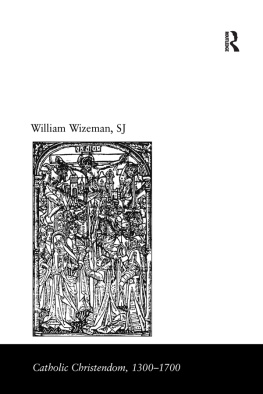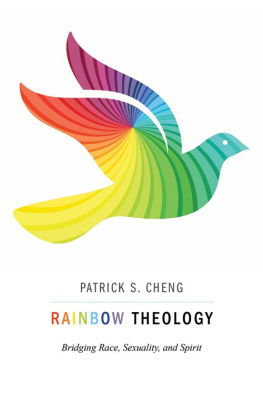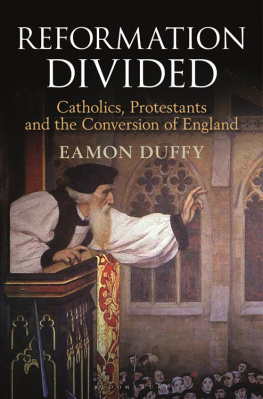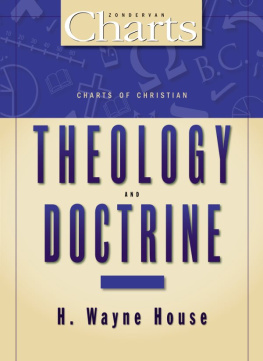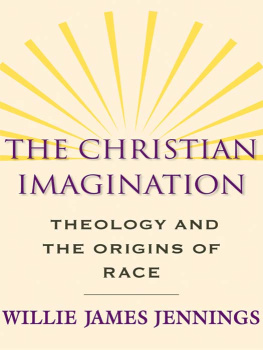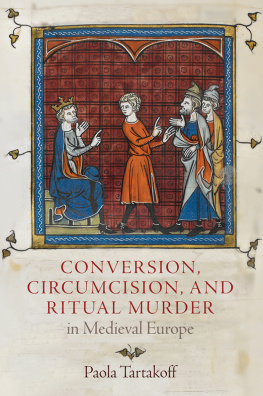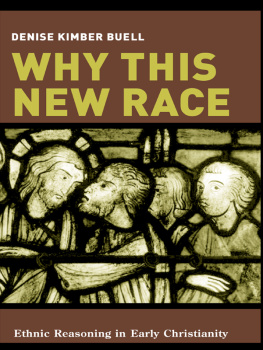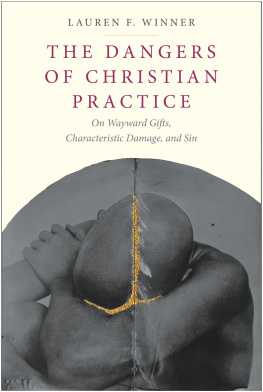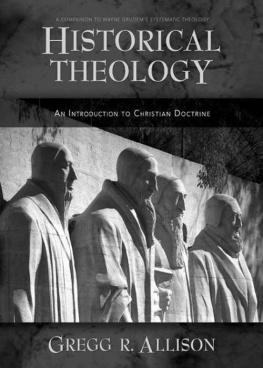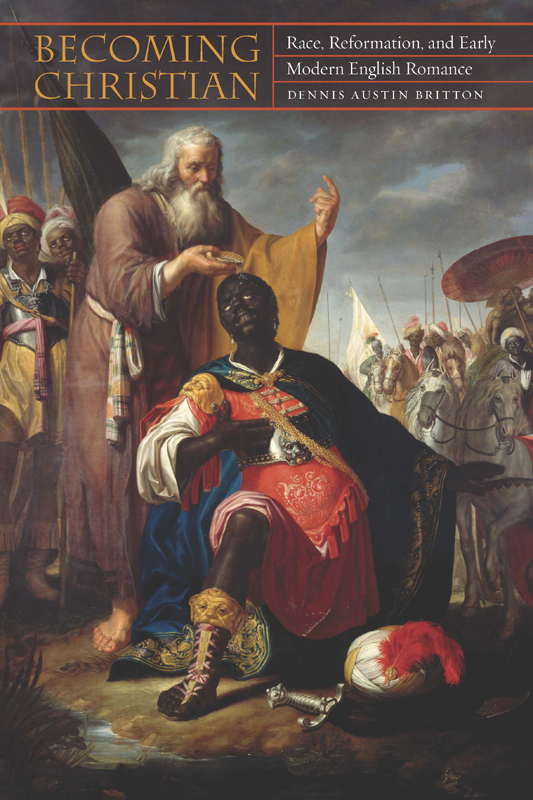BECOMING CHRISTIAN

Copyright 2014 Fordham University Press
All rights reserved. No part of this publication may be reproduced, stored in a retrieval system, or transmitted in any form or by any meanselectronic, mechanical, photocopy, recording, or any otherexcept for brief quotations in printed reviews, without the prior permission of the publisher.
Fordham University Press has no responsibility for the persistence or accuracy of URLs for external or third-party Internet websites referred to in this publication and does not guarantee that any content on such websites is, or will remain, accurate or appropriate.
Fordham University Press also publishes its books in a variety of electronic formats. Some content that appears in print may not be available in electronic books.
Library of Congress Cataloging-in-Publication Data
Britton, Dennis Austin.
Becoming Christian : race, reformation, and early modern English romance / Dennis Austin Britton. First edition.
pages cm
Includes bibliographical references and index.
ISBN 978-0-8232-5714-0 (hardback)
1. English literatureEarly modern, 15001700History and criticism. 2. Religion and literatureEnglandHistory16th century. 3. Religion and literatureEnglandHistory17th century. 4. Conversion in literature. 5. Christians in literature. 6. Jews in literature. 7. Muslims in literature. 8. Race in literature. 9. ConversionChristianityHistory. I. Title.
PR428.R46B65 2014
820.9'382dc23
2013048884
Printed in the United States of America
16 15 14 5 4 3 2 1
First edition
Contents
Introduction:
Afterword:
I am indebted to a long list of mentors, colleagues, family members, and friends who have supported me and this book. My thinking about race, romance, and religion began at the University of Wisconsin at Madison, where I had the great privilege of studying the early modern period with Heather Dubrow, David Loewenstein, Henry Turner, and Susanne Wofford. I owe special thanks to Susanne for her insightfulness and constant encouragement; she has shaped me as a scholar and this project in innumerable ways. I also wish to thank Steven Belletto and Krista Kauffmann, graduate-school friends who continue to read my work, offer helpful comments, and provide moments of respite.
The University of New Hampshire has been an ideal intellectual home, where I have had the great fortune to work with Elizabeth Hageman, Douglas Lanier, Rachel Trubowitz, and Jay Zysk (I could not ask for a smarter or more generous set of early modernist colleagues), and with Monica Chew, Michael Ferber, Burt Feintuch, Katherine Gillen, Robin Hackett, Nicola Imbracsio, Delia Konzett, Mathias Konzett, Rochelle Lieber, Lisa Miller, Andrew Merton, Sean Moore, Siobhan Senier, Janet Yount, and David Watters. Thank you, Deborah Vernon, for your meticulous eye for detail. I also need to send some special love to Lesley Curtis, Courtney Marshall, Cord J. Whitaker, and especially Reginald A. Wilburn, who keep it real and keep me sane through it all.
I owe a special debt of gratitude to Bernadette Andrea, Linda McJannet, and Maureen Quilligan for the support they offered in the development of this project. I am grateful to Heather James (my first teacher of Ovid, Ariosto, and Spenser), who first suggested that I might have something to say about early modern literature and culture. Erika Boeckeler, Rebecca Lemon, Arthur Little, Mary Helen McMurran, and Ian Smith have graciously offered feedback, words of advice, and/or encouragement in the early stages of my career. Lori Newcomb, Sarah Wall-Randell, and Tiffany Jo Werth are the champions of romance with whom Ive had the privilege of sitting on panels and conversing about the pleasure of working with this genre. Versions of chapters were presented at UNH, The Shakespeare Seminar at Harvards Mahindra Humanities Center, Temple University, the Folger Shakespeare Library, and seminars at Shakespeare Association of America annual meetings. The comments, questions, and suggestions offered by audience members and readers at these venues have greatly contributed to refining of the books arguments.
Thank you to the no-longer anonymous readers, Margo Hendricks and Joan Pong Linton, for their enthusiastic responses and helpful suggestions. Helen Tartar, Thomas Lay, Eric Newman, and the staff of Fordham University Press have been wonderfully helpful throughout the entire process. I could not have hoped for more from an editorial staff and a publisher.
I have been extremely fortunate to receive financial support at various stages of working on this project. A Junior Faculty Fellowship from UNHs Center for the Humanities provided time away from teaching that was instrumental in the shaping and reshaping of this book. I also wish to thank Senior Vice Provost Julie Williams, UNHs Research and Engagement Academy, Dean Kenneth Fuld and the College of Liberal Arts Gift Fund, the Center for the Humanities (again), and the Department of English for funds offered. I am most fortunate to have been awarded a National Endowment for the Humanities Fellowship from the Folger Shakespeare Library. My time at the Folger was invaluable, and this project was thoroughly enriched by the materials I consulted there. Thank you to the wonderful Folger staff: Carol Brobeck, Erik Castillo, David Schalkwyk, Georgianna Ziegler, and Folger fellows and readers who made my time in Washington both professionally and personally rewarding.
I am most blessed to have friends and family members who remind me that there is indeed life outside the academy. Thank you Adam and Gina Henker and family, who gave me a place to stay and warm meals in the dead of winter (its not as dire as it sounds), Victor and Dzifa Patterson and family, Lorraine Henry, and my North Star family. Leslie Smith, my friend of many years, has always provided much encouragement, for which I am grateful.
To Maw Maw, thank you for your strength and faith. I owe most to my mother, father, and brothers, whose love, support, encouragement, and prayers sustain me. I dedicate this book to all of you.
An earlier version of appeared as Re-turning Othello : Transformative and Restorative Romance, ELH 78 (2011): 27-50. Any views, findings, conclusions, or recommendations expressed in this publication do not necessarily reflect those of the National Endowment for the Humanities.
Introduction
Let it no longer be a forlorne hope
To wash an thiope:
Hes washt, His gloomy skin a peacefull shade
For his white soule is made:
And now, I doubt not, the Eternall Dove,
A black-facd house will love.
Richard Crashaw, On the Baptized Aethiope
Richard Crashaws poem provides hope for English Christians who might have been discouraged from engaging in evangelistic projects by Jeremiah 13:23 (Can the black More change his skin? Or the leopard his spottes? then maie ye also do good, that are accustomed to do evil) and Geffrey Whitneys Aethiopem lavare in A choice of emblemes (1586). Yet Jeremiah is concerned with Israels spiritual condition and apostasy, not with the Moors black skin; the black Moor and his skin merely function as figures that are to help the Israelites, as well as later readers, better understand themselves and their spiritual condition. Although God says nothing here about the spiritual condition of Moors, the Moors black skin becomes a figure par excellence for signifying unalterable spiritual depravity.
As in Jeremiah, the Ethiopians skin becomes a figure of the unalterable in Aethiopem lavare . Indeed, the unalterable skin of the Ethiopian became proverbial: Its origins are usually traced to Aesop. The lines of verse beneath an illustration that pictures an exercise in futility emphasize the power of nature to maintain the Ethiopians blackness. Blackness resides within the domain of nature and resists the all in vaine efforts of the white figures to turn the Ethiopian into a figure that resembles themselves. There exists within the emblem a tension between a natural or literal reading of blackness as immutableit cannot become what it is notand the emblem as a literary form, in which blackness is transformed into a symbol for any natural phenomenon that cannot be altered by modes of European ingenuity.


